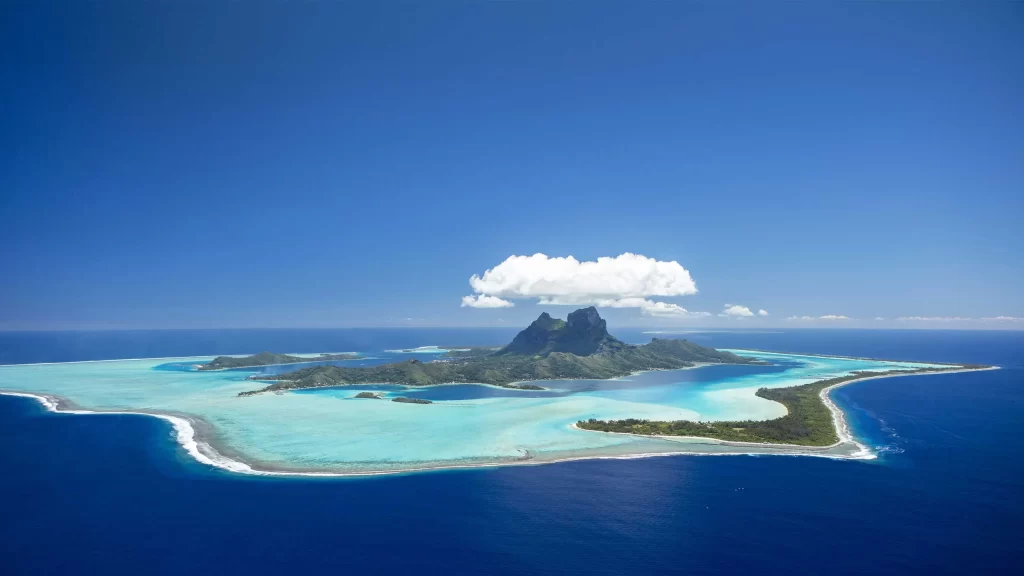4 Stages Of Island Fever And Strategies To Cope
Some people don’t particularly like spending more than a few days or weeks on an island that is surrounded by water. They begin to experience anxiety, annoyance, desperation, and claustrophobia. It is particularly common among those who did not grow up on an island. Someone who has spent their entire life in a busy city may feel uneasy when on an island vacation. This experience of discomfort and apprehension when on an island is called rock fever.
What Is Rock Fever:
Rock fever, or island fever, is a psychological condition or unhappiness that results in high-stress levels in people who visit or live on islands on occasion or permanently. The lack of activities, close friends, family, intellectual stimulation, amenities, and cultural and social diversity contribute to a feeling of alienation from the outside world.
Island fever is brought on by more than just being close to the coast. The size of the island is also an important factor in the condition. A person with island fever never truly feels at home and frequently finds it difficult to cope with homesickness. There are various stages of island fever. If you are vacationing on an island or are planning a trip, here is how you can cope with your emotions.
Stage 1. Anxiety Or Irritation:
You’ll initially experience moodiness and whininess. You’ll be annoyed by every tourist who says “good day” to you. Things that you usually dismiss as island quirks will grate on your nerves. Boredom and whining about not having enough to do are also included. People with early signs of island fever often do not appreciate or like outdoor leisure activities or participating in water sports.
Cure: Take a day off to relax and unwind. Visit a spa and get a massage. Or enjoy a few drinks and a book on a remote beach that is uninhabited by visitors.
Stage 2. Restlessness:
There’s a significant possibility you’re in the second stage if you keep driving back and forth on the island and whine that there’s “nowhere to go.” Some noticeable signs include impatience, irritability, and restlessness.
Cure: Make a short visit to a hotel where all your requirements are met. Take a moment to appreciate the excellent customer service, a wide range of options, and affordable prices.
Stage 3. Rage:
The third stage is marked by unfounded rage and anger. You’ll snap at even the little things. Everything will become monotonous, including your lovely coastal view and the sound of the waves outside your door. Additionally, higher temperatures might result in greater tiredness or even laziness. Normal experiences could become intolerable at a slower pace of living.
Cure: Plan a trip to a nearby island and take in beautiful beaches, unique cocktails, and new people. Explore new stores and pamper your inner traveler.
Stage 4. Claustrophobia:
It’s time for a total change of scenery if you’re sick of the same eateries, tired of taking the same routes, exhausted at the thought of seeing the same people, and frustrated at staring at the same landscapes. If this describes you, you’re likely suffering from the fever.
Cure: Head back and see your family, and surround yourself with affection. Travel to a new nation, discover a new city and take in the wonder of beaches.
Final Thoughts:
Enjoy everything that island life has to offer. The people who struggle with island fever tend to be those from crowded cities. Take advantage of the plethora of free activities that your island residence does provide. Become a true resident to ward against island fever. And even though island fever won’t go away permanently, at least you’d have done your best.

